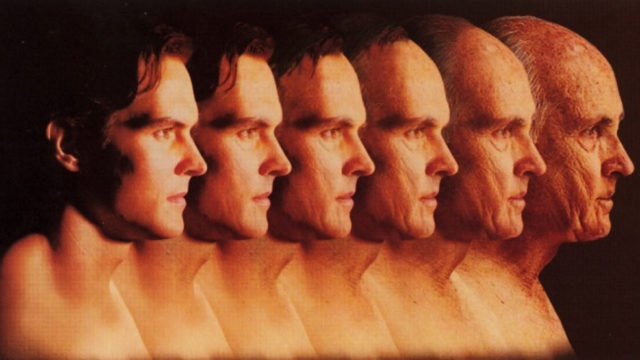
The word means “the condition or process of deterioration with age.” I’ve been contemplating this word awhile, in all likelihood due to my own age-ing. The veracity of the word is scientifically proven as any elder could attest to.
My issue is that in an ageist society senescence is the predominant characteristic seen of age-ing, contributing to viewing Elderhood through a deficit lens. This leads to fear, dread, work place discrimination, among other deleterious aspects.
But there is another dimension to age-ing. Knowing that our time left is limited, many elders have a broader perspective on the meaning of life, live more in the moment, realize the catharsis of surrendering: letting go of grudges, forgiving others and more compellingly forgiving one self. Out of this stew arises a phenomenon known as wisdom. This is why Native Americans and most pre-modern societies had various manifestations on council of elders. This sharing of wisdom, culture, mythology, spirituality was a vital force that postmodern societies don’t adequately appreciate.
The New York Times recently did an article following a group of elders over 85 for a number of years. Their conclusion? Though all dealing with aspects of senescence, they were happy (especially compared to younger adults), adaptable, appreciating the life remaining and counter- intuitively having very little fear of death.
Yes, the other side of senescence.
Wonderful piece Jeff !!!!!!!!!!
Another gem, Jeff. Very well said. The more I venture into my own age-ing, I try to focus on compassion, kindness, and love in thought and deed. I think i’ll br working on that awhile yet!